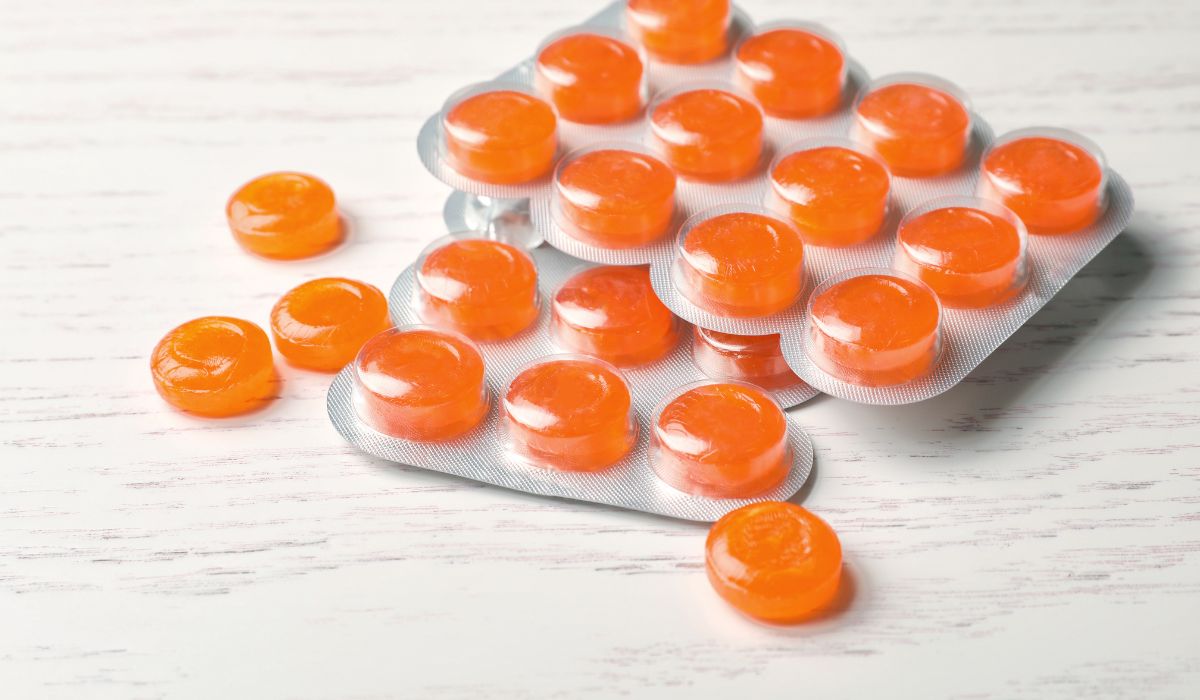Dextrorphan Drug Test: What You Need to Know
When people take cold medicine, many don’t realize it can affect a drug test. One common ingredient is dextromethorphan, which breaks down in the body into a substance called dextrorphan. Because dextrorphan is linked to cough medication and sometimes drug abuse, it may show up on certain tests.
What Is Dextrorphan?
Dextrorphan is a metabolite of dextromethorphan, a chemical often found in cold medicine and cough syrup. When someone takes a cough medicine, the liver changes dextromethorphan into dextrorphan. This helps the body clear the medication.
- Dextromethorphan → changed by metabolism in the liver → becomes dextrorphan.
- Used for treating cough but sometimes linked to addiction or abuse.
Why Would Dextrorphan Show Up on a Drug Test?
Drug tests check for substances or their metabolites in the body. Since dextrorphan is tied to cough syrup, it may appear in results.
- In some cases, dextrorphan may trigger a false positive for phencyclidine (PCP) because of chemical similarities.
- High doses of cough medicine can raise levels of dextrorphan.
- People who misuse the drug for its effects may test positive.
Types of Dextrorphan Drug Tests
Urine Test
The most common method is the urine test. It looks for drug use and is simple, fast, and low cost. Dextrorphan can stay in urine for 1–3 days, depending on dose and metabolism.
Blood Test
A blood test may also detect dextrorphan. This is less common and usually used in hospitals or legal cases.
Saliva Test
Saliva can show recent drug use. This method is less invasive but may not detect dextrorphan for long.
Hair Test
In rare cases, a hair test may show long-term drug abuse, but this is not common for cold medicine.
Health Risks Linked to Dextrorphan
While cough medicine may feel safe, too much can cause health problems.
- Nausea and vomiting
- Fast heart rate
- Hypertension (high blood pressure)
- Problems with the liver
- Addiction risk when misused
- Mental health effects
Dextrorphan, Cold Medicine, and Abuse
Cold medicines that contain dextromethorphan are safe at normal doses. But when people take large amounts, the drug acts like a stimulant or hallucinogen. This can cause feelings similar to phencyclidine (PCP).
Some signs of abuse include:
- Taking higher doses than directed
- Mixing with alcohol or other drugs
- Using to escape mental or emotional pain
This type of abuse is dangerous and may lead to addiction or other health diseases.
How Long Does Dextrorphan Stay in the Body?
The time depends on the dose, the person’s liver health, and their metabolism.
- Urine test: up to 3 days
- Blood test: up to 24 hours
- Saliva test: about 1 day
- Hair test: months (but rare for this drug)
Dextrorphan and Mental Health
Drug abuse does not just affect the body. It can hurt a person’s mental health too. People may experience:
- Anxiety
- Confusion
- Memory issues
- Emotional ups and downs
That is why testing and therapy are often part of recovery.
The Role of Lynk Diagnostics
Lynk Diagnostics is a drug testing center that works with rehab facilities to help people facing substance abuse. They provide accurate drug tests that show if dextrorphan or other drugs are in the system.
Their goal is not just testing but guiding patients toward therapy, health recovery, and long-term care.
Factors That Affect a Dextrorphan Drug Test
- Medication: Taking other medications may change results.
- Liver health: A weak liver may clear drugs slower.
- Dose: Higher doses stay longer.
- Alcohol: Mixing with alcohol raises risk and may affect metabolism.
- Disease: Conditions like hypertension or liver disease may change results.
Why Drug Tests Are Important
Drug tests help keep people safe in many areas:
- Workplace safety
- Driving under the influence cases
- Rehab centers checking progress
- Health care monitoring
Addiction, Abuse, and Recovery
When cough medicine use turns into addiction, it can hurt a person’s health, family, and daily life.
Therapy and support can help patients recover. Rehab programs may include:
- Detox to clear the drug
- Mental health counseling
- Group therapy sessions
- Long-term recovery planning
FAQs About Dextrorphan Drug Test
Does dextrorphan show up on a drug test?
Yes, dextrorphan can show up, especially in a urine test, and may sometimes look like PCP.
How long does dextrorphan stay in urine?
Usually 1–3 days, depending on dose and metabolism.
Can cough medicine cause a false positive?
Yes, cough medicine with dextromethorphan may lead to a false positive for phencyclidine on some tests.
Is mixing alcohol with cough medicine dangerous?
Yes, mixing with alcohol can harm the liver, raise heart rate, and increase risk of addiction.
Can drug tests help with recovery?
Yes, drug tests help rehab facilities and health professionals track progress and keep patients safe.








